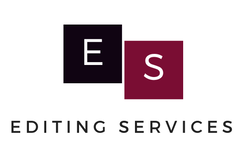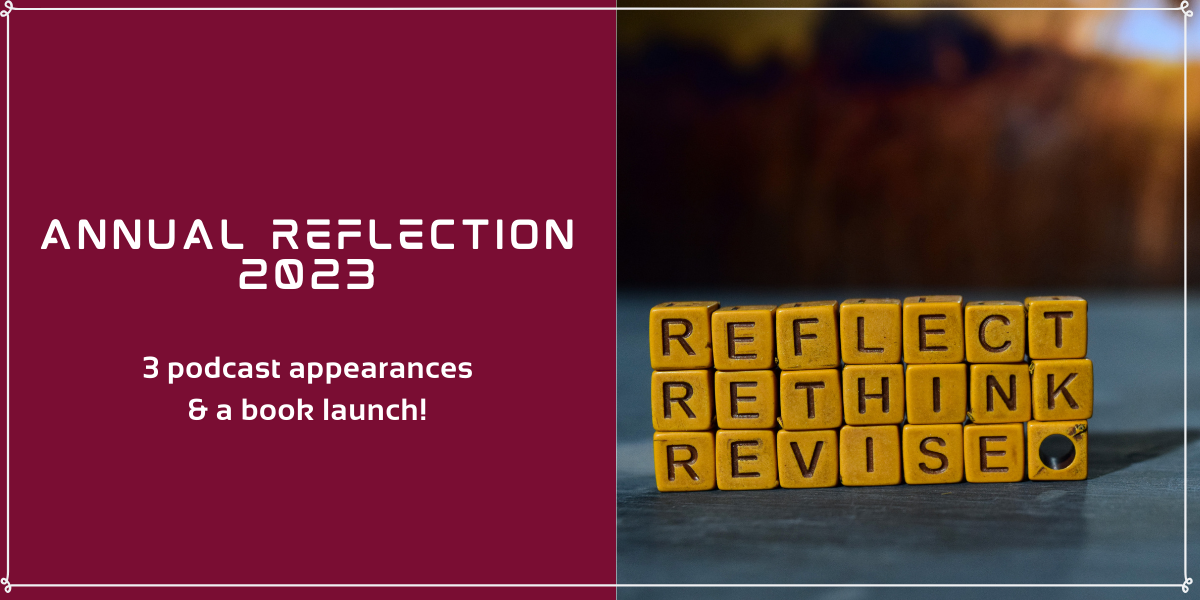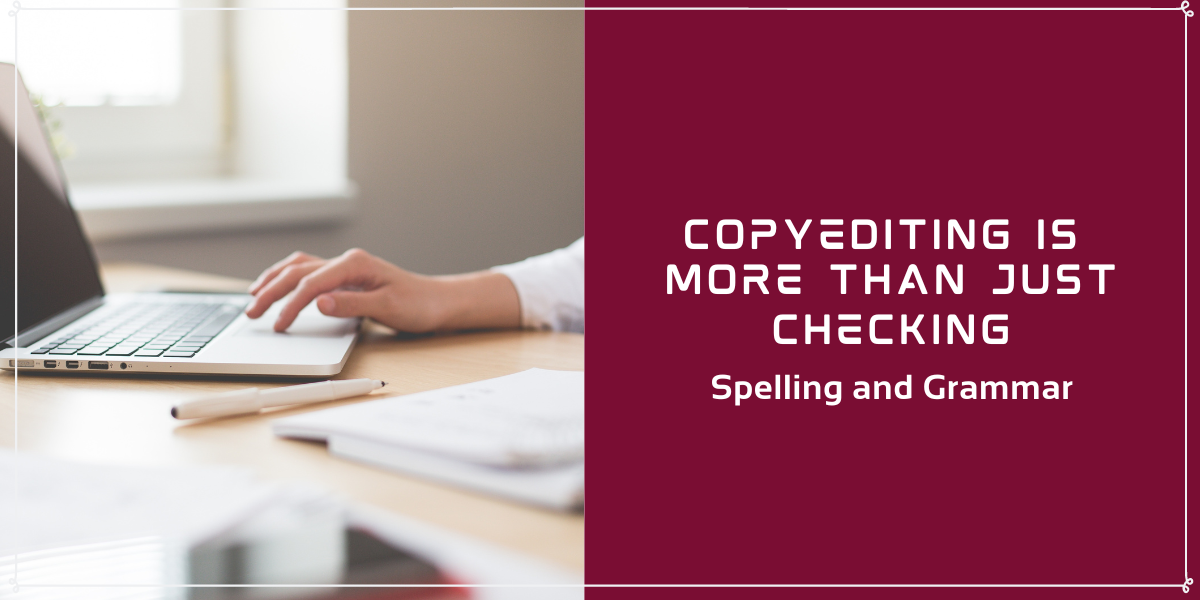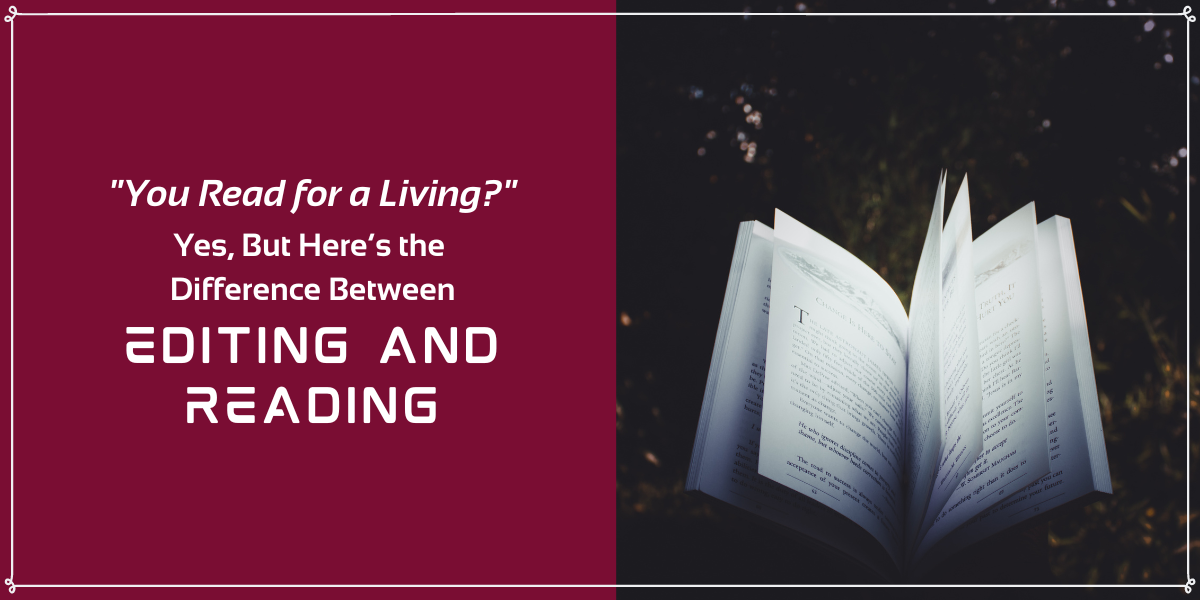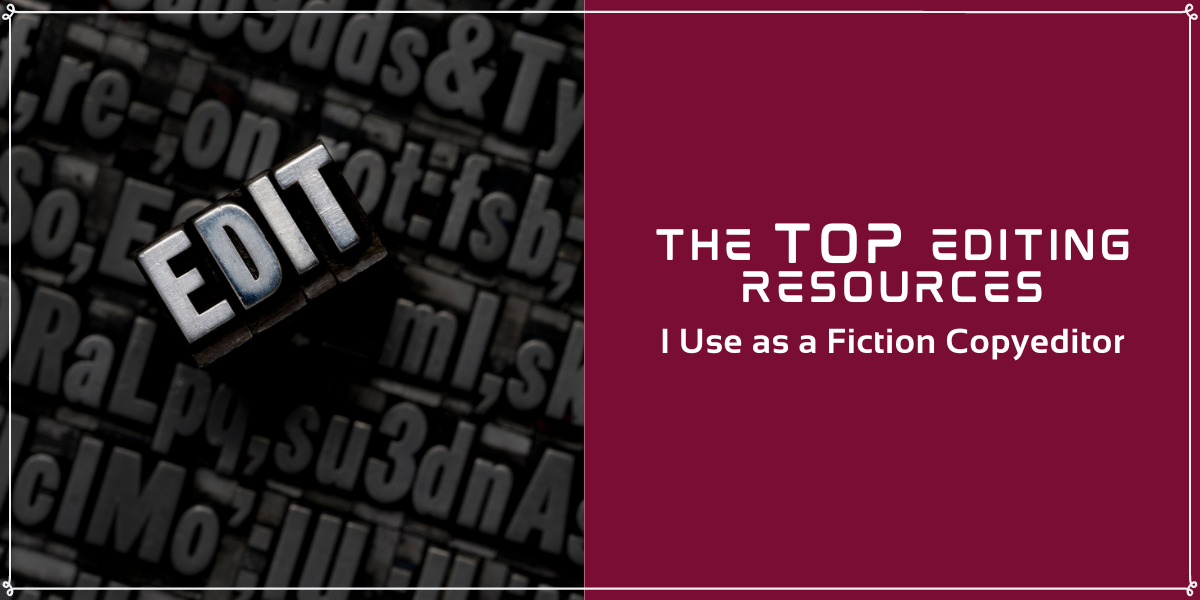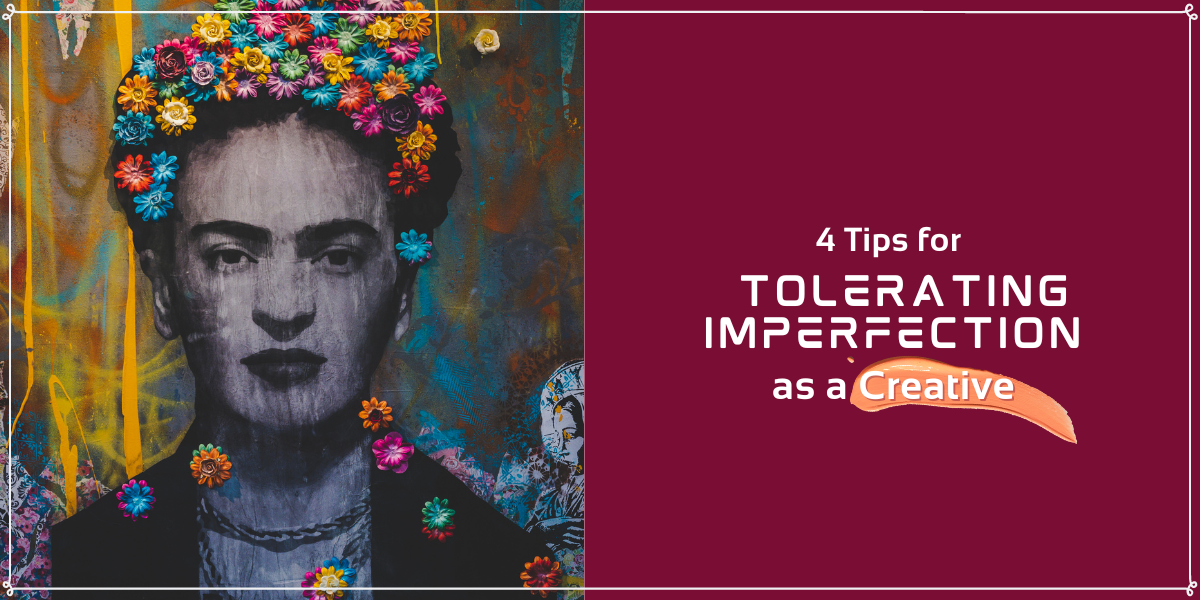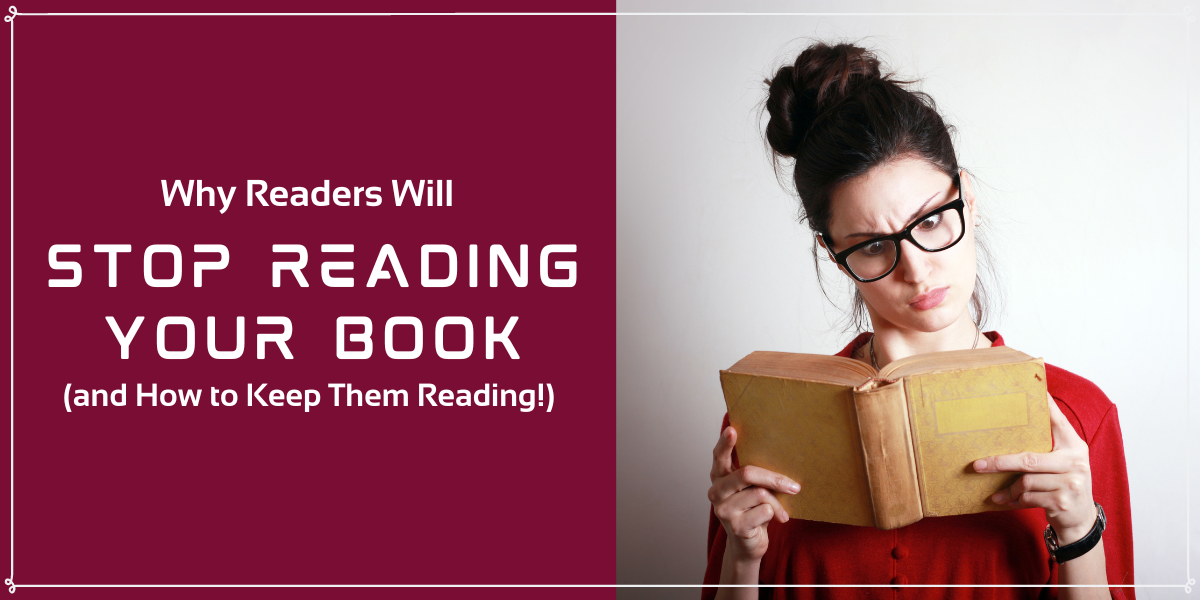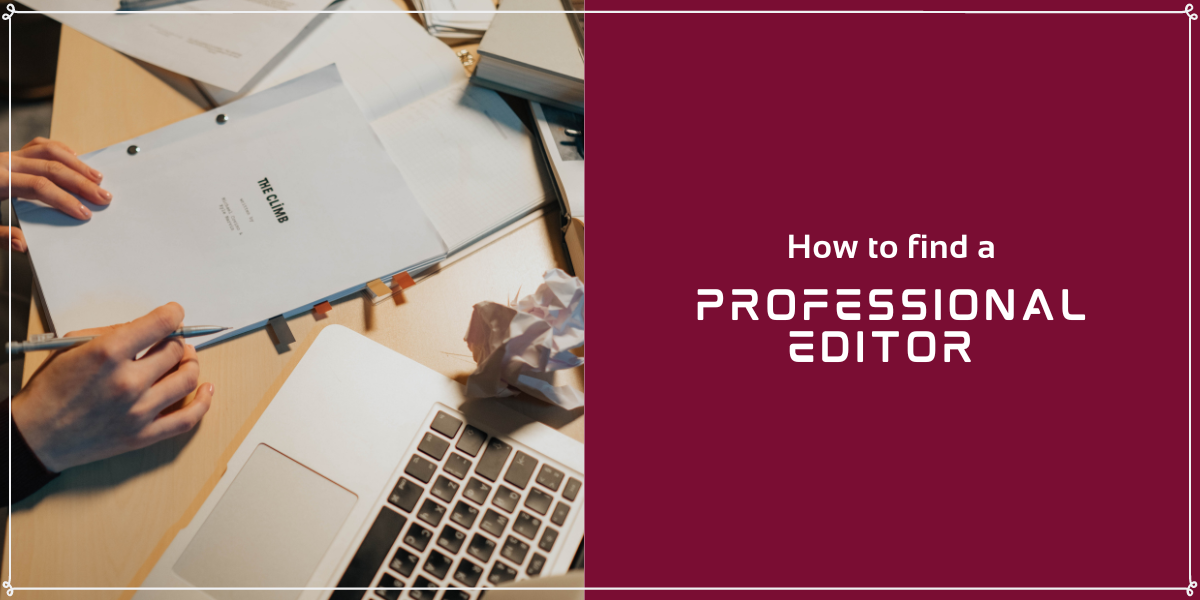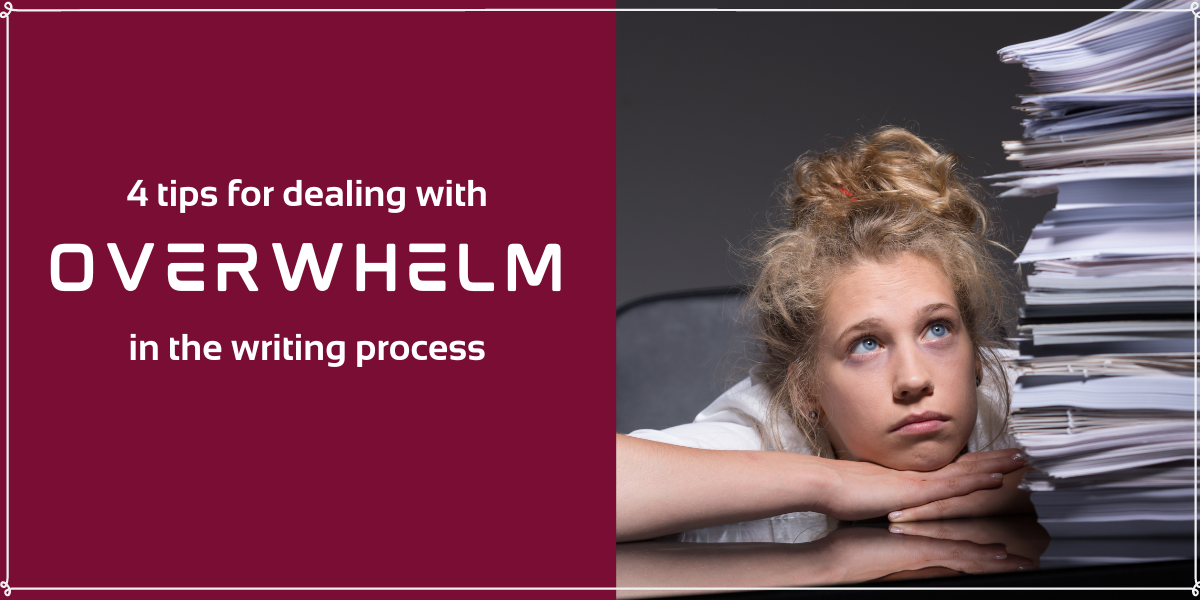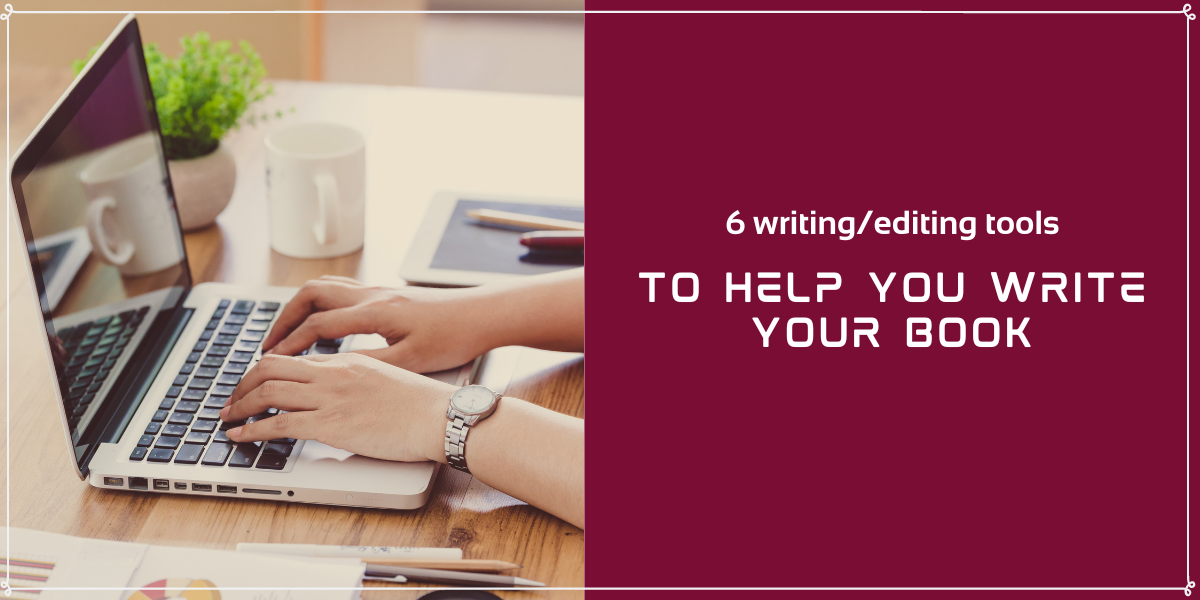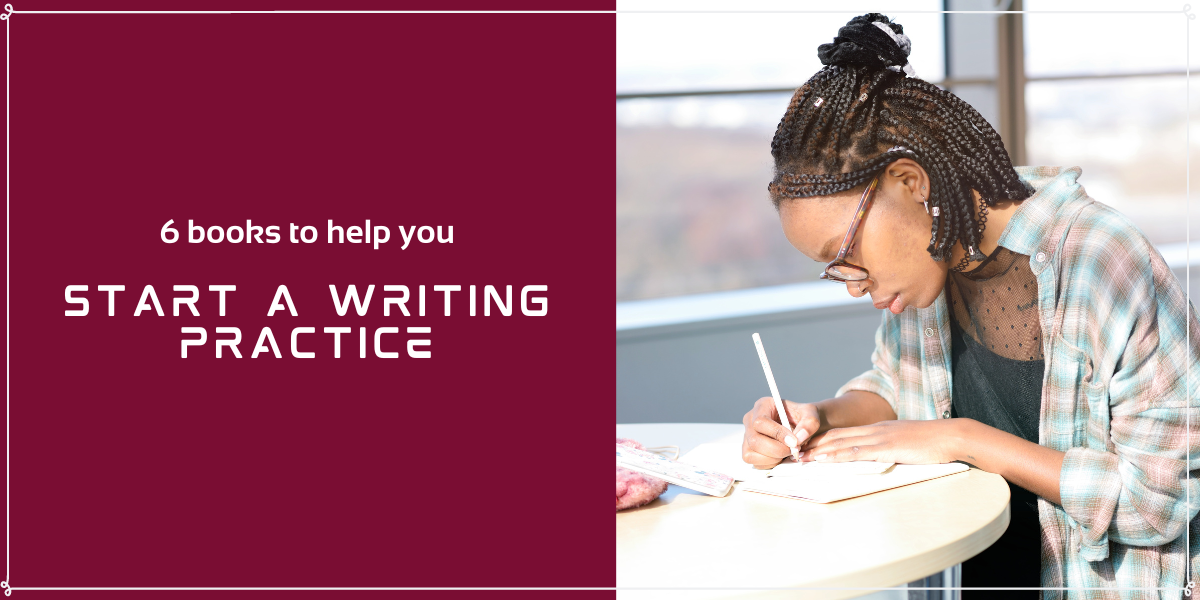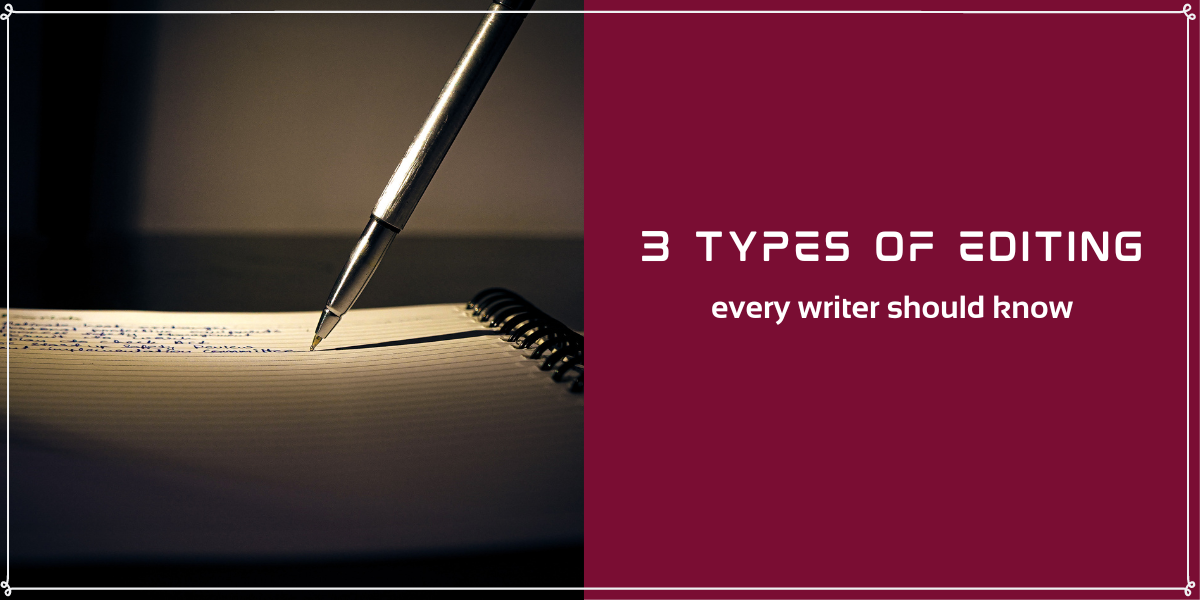E.S. Editing BlogUseful tips about editing, writing, creativity, reading, and the publishing industry
|
|
In the world of writing and publishing, finding the right editor for your manuscript is crucial. A sample edit is a portion of your manuscript that an editor will edit as they would the entire work. It serves as a preview of what to expect from the editor's approach, feedback, and communication style. In this blog post, I’ll delve into why it’s so important to get a sample edit, why it's essential for authors, and how it can help in making an informed decision when selecting an editor.
Last year I decided I wanted to consume less and create more. I have a tendency to hoard information, endlessly collect interesting things to read or watch (and promptly forget about them), and of course “procrasti-learn” because I never feel ready to do the thing. Just me? 😅
To remedy this, I decided that 2023 would be my year to SHARE and EXPRESS. I wanted to cultivate an outward presence and produce more content, instead of just sitting on ideas and never starting.
Chances are when you think about editors, you picture some version of the mean English teacher you had in seventh grade, who viciously wielded their red pen and gave you a bad grade. You might think of someone who rigidly adheres to the rules and will “slash” your manuscript to smithereens, only to rewrite your story based on their own preferences. Not cool…
“You read books for a living? How fun!” Technically, yes, I read book manuscripts for most of my work day. And it’s great, but it’s probably not what you think. Not even remotely close to kicking back and enjoying a beach read. Even while editing a science fiction novel that I would otherwise read in my downtime, the act of reading involved in copyediting feels totally different from sitting down and reading a book for enjoyment. On the surface it looks identical, but it couldn’t be more different. Let’s dive into the two sides of reading: as an editor and as a reader. Here are some of the editing tools and resources I use every day to help my clients publish high-quality books. Of course I use Microsoft Word, Google Docs, and Adobe Acrobat for proofreading PDFs, but that’s just the beginning. Have you ever dreamed of becoming a traditionally published author? It's a tremendous achievement to write a book, but the journey to getting it published can be long and challenging. One crucial step in this journey is finding a literary agent who can help you navigate the publishing industry and get your book in front of the right people.
I never dreamed I would be sharing about how I navigate perfectionism on a podcast, but when my fellow editor Lauren invited me to speak about how I use my art practice to help me avoid getting bogged down and stuck, I took the leap and did it (my first one!). I hope some of my thoughts will help you, too.
Has this ever happened to you? You sneak away to your favourite reading nook or coffee shop to finally start reading that new book. Finally, a few hours to yourself! You get through a few chapters, but you’re not feeling it. You start to get bored and barely feel involved in the story. You decide to give it a chance… but by the fifth chapter you really start to lose interest, and so you close the book and head back home, annoyed because you’d been looking forward to this. How to Find a Professional Book Editor3/21/2023
I’m about to hit send after working for a whole month on this manuscript. After this moment, all the work I’ve done will be received and scrutinized, and there’s always a part of me that fears rejection. I hit send and wait.
This is the book editor’s side of the equation. My client has been waiting expectantly for a month to receive the feedback that will push their book forward towards their publication deadline. Will it resonate?
Feeling Overwhelmed Is Part of the Process
Being overwhelmed is not something to fight and get over and THEN start your writing. It’s a natural part of the writing process. Seeing the scope of your life or your expertise or whatever topic you feel called to write about may feel like a towering mountain stopping you in your tracks. Book Creation Software
Once upon a time writers had to use elaborate physical systems to keep track of their manuscripts in progress. Think post-it notes on a mindmap pinned to the wall, index cards on a cork board, or typewritten sheets lovingly piled next to a typewriter, the final page proclaiming "The End"...
Of course, these are still viable options for those who like working hands-on with physical paper. But for most of us who do so much of our writing digitally, here are my top picks for software that will make the writing process as bearable and streamlined as possible. Reading + Writing = #writerslife
When you’re not writing—perhaps you’re procrastinating or avoiding the important work you’ve set for yourself (we all do it!)—take the opportunity to read about writing. Study the craft, pay attention to how your favourite novels are structured, figure out why certain non-fiction books keep you hooked. Reading is the other part of the essential helix of your writing life, so here are my favourite books on writing!
Why you need an editor
It’s not just you! Everybody needs an editor. It’s just a function of the human mind that you will gloss over errors in your own writing. You see what you intended to write, not always what you did write. So don’t sweat the details – that’s what an editor is for.
Editors bring a fresh pair of eyes to your writing, seeing every word for the first time. Missing words or repeated words will pop right out (whereas this might be your 27th time re-reading your draft and you’re too familiar with it!). |
Proud member of
|
Copyright © 2024 E.S. Editing Services
Privacy Policy |
